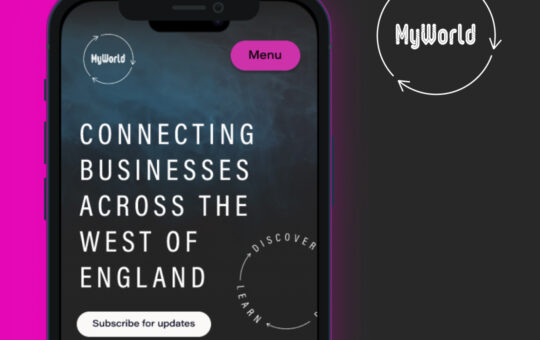
Digital Strategy Definition for Imperial College London
Sector:
Education
Core Service:
Strategy & Consulting

Understanding the context
The initial phase of work was to appraise the diverse array of current strategic papers across the organisation. For a higher institution such as Imperial College, this affords great insight into the complex challenges and many different strategic drivers and communities to be served and supported. Discerning key elements of importance from the blend of Faculty, Professional Services and Organisational and Technical Capability strategies in alignment with and for the fulfilment of the overall Corporate strategy helped bring clarity to the common themes and areas of divergence.
A foundational element of contention and subsequent collaboration was the discussion relating to how digital strategy relates to other strategies across the organisation. At one end of the spectrum is the suggestion that digital strategy is an umbrella vision, clarity of direction, elucidation of the journey, a set of principles and a framework for delivering change and business as usual operations more beneficially through digital means. At the other end, it is about the technical underpinning pillars of service capability through which all needs may be served. We agreed that it is a primary overarching array of elements that through deep embedding across all other strategic and operational activity will lead to optimised organisational capability for future growth, sustainability and community-serving outcomes.
Interviews with core groups
We held over a dozen interviews and small group sessions with representatives from across the full range of stakeholders at the college. These sessions helped bring together an articulation of what each stakeholder type understood of digital capabilities and solutions, an indication of what they had experienced favourably within the college and where they felt there was opportunity for improvement. A final phase of discussion sought to identify digital experiences from their broader lives that might fruitfully inform potential solution elaboration from case studies from other sectors.
It was essential that the full range of college stakeholders were engaged in this phase of the work in order to hear and respond to the collective voice and complete needs. Key emerging themes included improved collaboration and communication capabilities, solutions to aid evidence-based decision making, technology and people capability development to aid multi-mode teaching, research, information-sharing and communication, advanced business insights & analytics and development of positive user experiences both internally and externally & frictionless journeys for everyday operations.

Assessing the external digital landscape
Planned from the start, but ratified during the strategy review and stakeholder interview phases, it was evident that a far-reaching investigation into what both peer organisations were progressing in advancement of digital and organisational capabilities, but perhaps even more importantly what other sectors were doing.
We did extensive research into comparable service provision and diverse solutions that would bring benefit to both internal and external stakeholders across key user journeys and enable the achievement of individual and organisational outcomes. Key considerations included virtual and augmented reality, artificial intelligence and machine learning, APIs, blockchain, IoT and smart campus solutions. A further element that was key concerned the use of experience mapping techniques applying the lenses of key stakeholders groups such as students, staff, external collaborators, suppliers and commercial organisations to ensure the future service designs and implementations truly work for the needs of all stakeholders.

Final outcome
The final deliverables included a pack providing digital strategy definition, an overview of the approach and synthesis of the findings, articulation of prioritised change programmes for progression, recommendations for advancement across governance, change and communication capabilities and indication of budget and time considerations to aid decision making.


